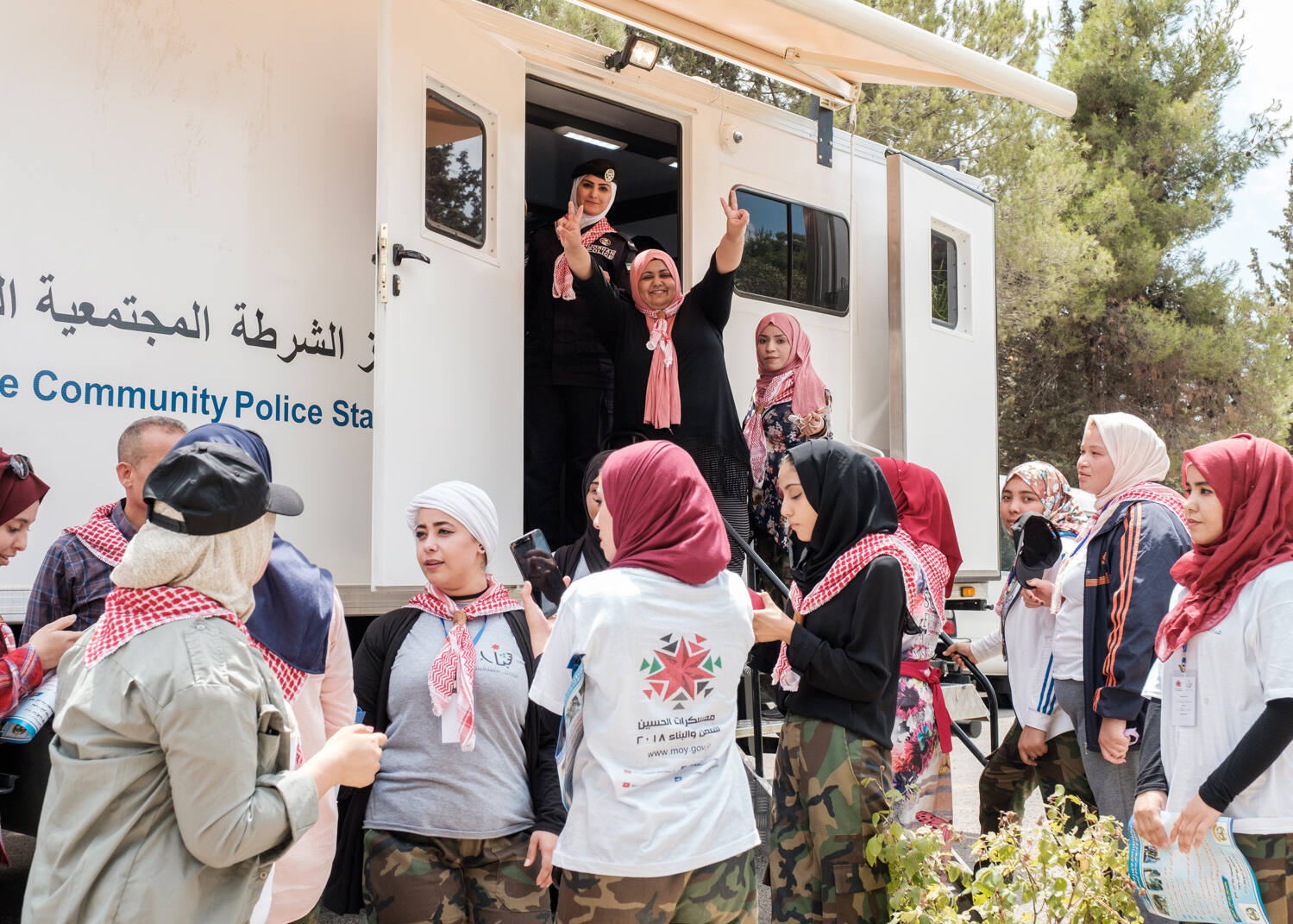Blog
Security sector reform: long term, locally owned and people centred
Long term engagement, local ownership, and a people centred approach must underpin security sector reform efforts.

In a post-conflict context, how do you engage all relevant stakeholders in security sector reform (SSR)? What if the national government is keen to include non-state armed groups considered persona non grata by parts of the international community? What do you do if the international community is pushing to have everyone at the negotiation table, but the national government takes an opposing stance?
While there are no easy answers or blueprint solutions to these questions, it was a welcome break from the ordinary to discuss these situations this month at the Course on Security and Justice Governance and Reform by the UN Training School Ireland and DCAF - Geneva Centre for Security Sector Governance.
Working in programme development often involves shifting rapidly from one proposal to another, and getting stuck in with the finer details of programme design. The pace, changing subject matter, and learning shared by old and new partners make it an enriching experience, but it’s not every day that you get to engage with SSR through a different prism, with people from diverse backgrounds and professions. This is what the course provided.
A wider view on security sector reform
When I joined in 2021, Siren had already established solid working relationships with its core partners for security sector reform in Lebanon and Jordan. I didn’t have the opportunity to see first-hand how to actually set projects up for success. It seemed you simply approached the law enforcement agency you wanted to work with, and then set off on the reform journey together.
Listening to the facilitators and other training participants, it was useful to hear about SSR in other countries and the many steps that can take place prior to engaging with and delivering for a law enforcement agency. These steps – gaining entry and winning the trust of your partner, helping them make sense of their problems, and collaboratively designing interventions to address them – are very much part of any SSR process, and our client-centred consulting approach. But what they look like in practice changes considerably from country to country; from partner to partner.
Indeed, there’s often a tendency to focus too much on technical elements, at the expense of a thorough examination of the political aspects that can make or break reform. In The Gambia, for instance, one participant highlighted how the democratic change of power in 2016 led to country to embark on a transitional journey. To support the national transition process, the Economic Community of West African States (ECOWAS) deployed a military force (ECOMIG) alongside ongoing diplomatic negotiations. The new government identified five priority areas of reform, including a comprehensive plan for the security sector. In September 2017, President Adama Barrow launched the SSR Initiative together with international partners. The idea was to overhaul the security sector from the past with a preventive glance into the future.
SSR's core principles
Clearly such an opening presents opportunities for change that we don’t always have the luxury of waiting for. But what shone through in our discussions was that several key principles must underpin any SSR effort: long-term engagement, the primacy of local ownership, and a people-centred approach to security.
This is something evident from Siren’s programming in Lebanon and Jordan. For over 10 years we have been supporting police institutions in both countries enhance their efficiency, effectiveness and accountability in delivering services to citizens. While progress has been far from linear, it's clear that to successfully promote gender equality, the use of data analytics in policing, the inclusion of women in operational roles and more, these principles must be at the core, along with a determination to constantly refine and reshape one’s interventions, tools and methodologies to changes in context.